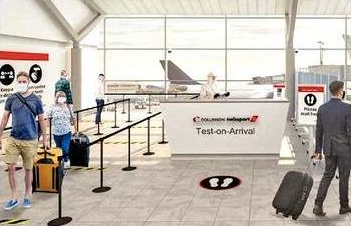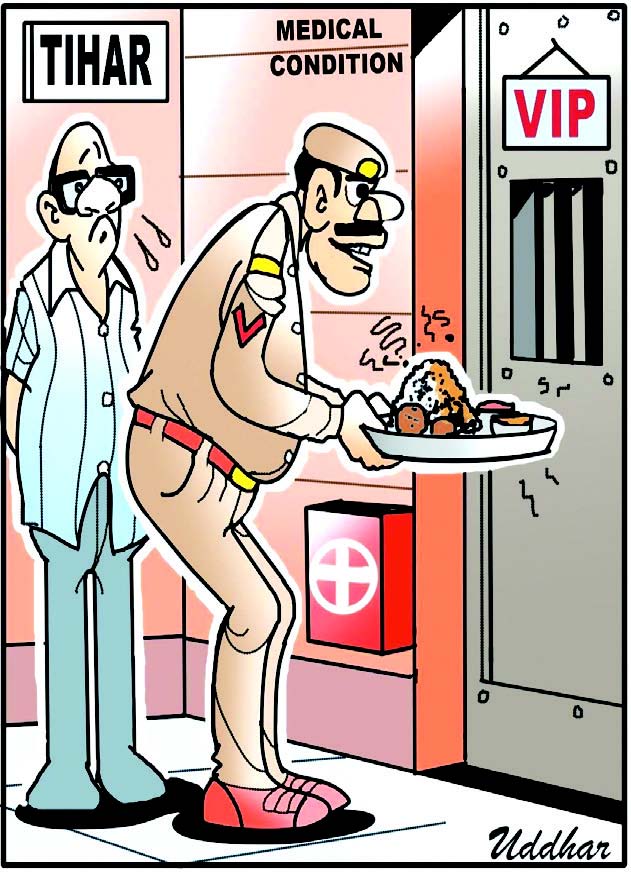
Samir Nazareth
SARS-CoV-2 has shown travel is intertwined with familial and socio-economic wellbeing. To reduce outgoings, people who lost jobs to the pandemic returned to their hometowns. The lockdown prevented people from stepping out of their homes and from returning home if they were in other cities or countries. Many in the former category lost income while those in the latter would have seen an increase in their expenditure.
Holiday and business travellers were stranded by the pandemic-caused global travel restrictions. Many Indians, for example my partner, and scores of Hong Kongers of Indian origin have been stuck in India unable to return to Hong Kong. The exigency to return ranges from starting a new job, rejoining family, visa expiry to tax liability. Indians holding jobs abroad but currently stuck in India could lose their Non-Resident Indian (NRI) tax status bringing them under Indian tax laws. Companies employing them potentially face Permanent Establishment taxes. I know of instances of employees having to go on leave without pay to mitigate their company’s potential tax exposure. Parallelly, companies undermined their Covid-19 protocols by asking employees to return to their work location to reduce this liability.
There is a multi-level check spanning countries and agencies to detect Covid positive passengers and prevent them from boarding a flight. My partner underwent a RT-PCR test 72 hours before departure at a laboratory certified by two government agencies. Like other passengers, she carried a folder containing the negative results of the tests, copies of the certifications, a health declaration form and an indemnity form protecting the carrier from deportation costs. Documents were meticulously inspected and collected at the airline counter in India. Besides the paper trail, an online Hong Kong government form online, which generated a QR code, had to completed and their Stay Home Safe app downloaded to phones.
Immediately on deboarding at Hong Kong International Airport (HKIA) the QR code and App were checked, post which passengers were guided through various counters. The reports were scrutinised, and then documents, identification badges and geo-location wristbands were distributed. Passengers then underwent another RT-PCR test and were also part of a blind clinical trial of another test. Finally, all passengers from the flight were corralled in an area neatly lined with single seater plastic chairs and desks to await our results. Though there were strict orders to not move from designated desks it was impossible not to shamble between unlimited supplies of cookies, sandwiches, and water; the toilet; charging points; naps; chats and phone games to keep their sanity. By the time they were ‘released’ almost nineteen hours later they were zombied out. A co-passenger was made to wait 40 hours as her husband was suspected to have tested positive.
Facebook groups like HK Quarantine support group are a treasure trove of information and assistance, as members share their experiences of returning to Hong Kong. Posts range from document requirements to suggestions on how to tide over the tedium of waiting.
This information is re-assuring as there is not much forthcoming from staff handling the processes at HKIA. What was appreciable was the staff’s courteousness and thought put into the process. For example, to save time personnel stood much before each counter holding document replicas to be presented once one reached it. However, it was observing passengers on later flights from other countries being let off earlier and the lack of communication while waiting that caused much unease. The absence of provisioning for senior citizens, pregnant women, and those with infants was disconcerting. After many hours of waiting a Hong Konger of Indian origin raised the issue of the plight of senior citizens, which resulted in them being taken to an area with couches.
Another important document checked in India and HKIA is proof of hotel reservation for the 14-day quarantine. While calling hotels to get a good deal, my partner sensed some reticence from a few to accept our bookings after realising she was flying from India-a high-risk country. They had no qualms about accepting bookings from those flying in from the US, another high-risk country.
The thoroughness of the process in India was in sharp contrast to the national penchant for jugaad. Indians have been caught with fake RTPCR test certificates on arrival at their destination. These scams have endangered other passengers and airlines have been penalised for shoddy detection work. Are such selfish endeavours a national embarrassment when national pride has become a by word?
The pandemic has boobytrapped the return with costly uncertainties. A sudden flight cancellation means those flying in on domestic connections to catch the Hong Kong flight are left high and dry, and often the full payment demanded upfront towards hotel booking is lost. If found positive at HKIA, one loses the hotel payment as the individual is sent to hospital and the family to a government quarantine facility.
The journey home is a lesson on the many hoops that travellers must jump through. This pandemic and its various fallouts reiterate the value of community and compassion while reminding us of the fallibility of governments and their institutions.
(Samir Nazareth is an author and writes on socio-economic and environmental issues)
